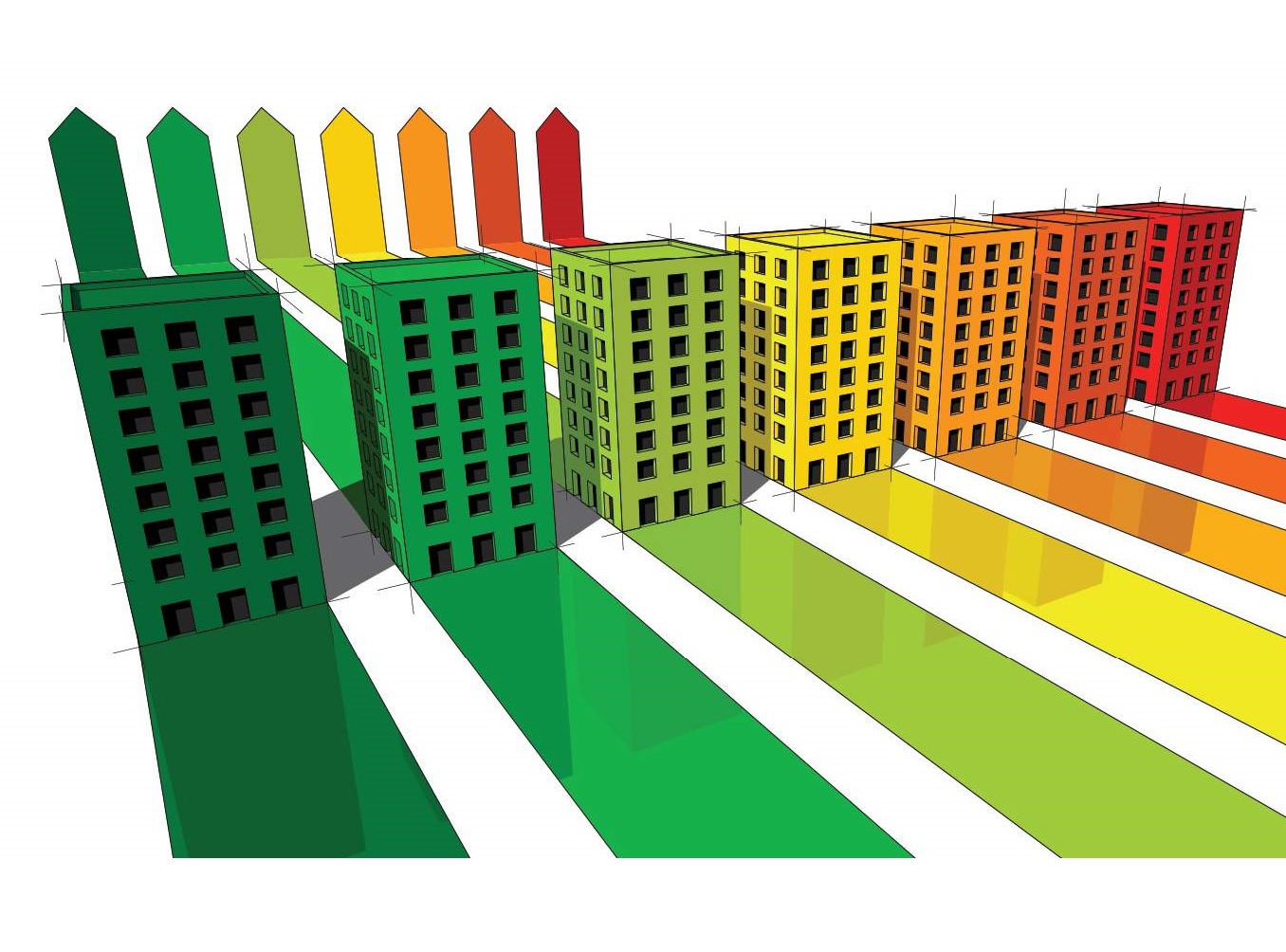Energy labelling of non-residential buildings in Mexico

Based on the benchmarking model developed in the framework of the Project ‘Energía Sustentable en la Edificación de México’, CONUEE, INECC and GIZ are pioneering an energy certification and labelling scheme for public and commercial non-residential buildings: ‘E4 – Exelencia de Eficiencia Energética en Edificos’.
Based on the successful development and implementation of the Energy Performance Rating System (‘Benchmarking System’) for Federal Public Buildings in Mexico, Energy-Strategies continued in 2016 its cooperation with the Project ‘Energía Sustentable en la Edificación de México’, which was executed by a consortium of the consulting firms GOPA and INTEGRATION on behalf of the Programme ‘Energía Sustentable en México’ of the German Agency for International Cooperation (GIZ). The principal partners of the project are the Mexican National Commission for the Efficient Use of Energy (CONUEE) and the National Institute of Ecology and Climate Change (INECC).
The support provided by Energy-Strategies included the following tasks:
1) Preparation of a report on energy efficiency certification and labelling schemes for buildings in countries of the European Union, particularly in Germany and Spain. The report focused on the requirements and practice of implementation of the European Directive 2010/31/EU on the energy performance of buildings, and on the identification of elements of the Directive of specific relevance for the formulation of the labelling strategy for public and private buildings in Mexico.
2) This strategy was developed in the second task of the assistance. Based on the Energy Performance Rating System for Buildings of the Federal Public Administration of CONUEE–INECC, a certification and labelling system for excellence in energy performance was proposed, which is based on two criteria: (i) achievement of the minimum qualification required by the benchmarking system, which defines the energy performance of the building relative to the total universe of buildings of the same type, and (ii) compliance with an additional requisite, which refers to the individual energy performance of the building, such as compliance with minimum requirements defined by the ANSI-ASHRAE/IES 100-2015 standard, of energy-related criteria included in the LEED certification for existing buildings, or a certification in accordance with ISO 50001 or the bEQ system of ASHRAE.
3) Based on the proposed strategy, a Pilot Project was designed, which includes the participation of approximately 500 private office buildings. A Working Group was established for this purpose, with the participation of real estate companies and investors in non-residential buildings. The Working Group is implementing the Pilot Project, under the title ‘E4 – Excellence in Energy Efficiency of Buildings’.
Part of the Strategy and the Pilot Project is the certification, by accredited Verification Units, of the compliance of the buildings with the requirements to receive the Energy Excellence Label, and the control of the certifications by the Mexican Accreditation Entity (EMA), in cooperation with CONUEE.
The qualified and certified buildings will receive, from the Energy Secretariat, the recognition of Excellence in Energy Efficiency, in accordance with Article 110 of the Energy Transition Law.
For more information contact Dr Salvador Rodriguez of the Project ‘Energía Sustentable en la Edificación de México’ or Wolfgang F. Lutz, Director of Energy-Strategies.
October 2017
